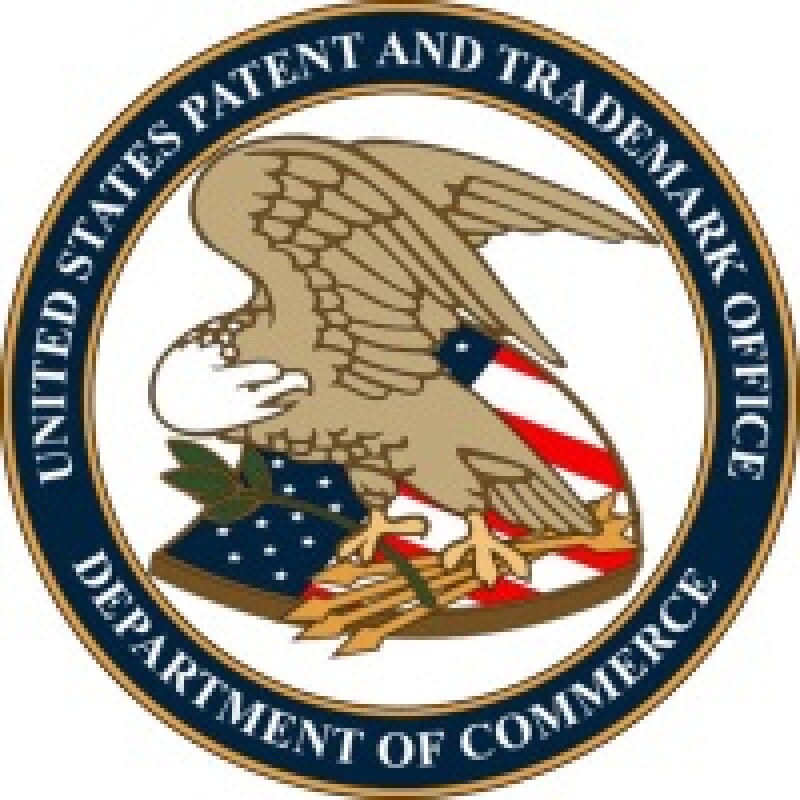
“The USPTO is continuing to study Alice Corp in the context of existing precedent and will seek public feedback on the instructions,” the office said in a memorandum to patent examiners. “Further guidance will be issued after additional consideration of the decision and public feedback in the context of the existing law under 35 USC §101.”
Any member of the public can submit written comments by July 31.
The Supreme Court made clear in its Alice ruling that it applies the framework set out in Mayo Collaborative Services v Prometheus Laboratories to analyse claims directed to laws of nature, natural phenomena and abstract ideas for subject matter eligibility under Section 101.
The USPTO said it uses this framework to examine claims involving laws of nature, but it had not been used for claims involving abstract ideas. It said Alice establishes that the same analysis should be used for all types of judicial exceptions, whereas prior USPTO guidance applied a different analysis to claims with abstract ideas than to claims with laws of nature.
The USPTO said Alice also establishes that the same analysis should be used for all categories of claims whereas the previous guidance applied a different analysis to product claims involving abstract ideas.
“Despite these changes, the basic inquiries to determine subject matter eligibility remain the same as explained in MPEP 2106(1),” said the memorandum. “First determine whether the claim is directed to one of the four statutory categories of invention, i.e., process, machine, manufacture, or composition of matter. If the claim does not fall within one of the categories, reject the claim as being directed to non-statutory subject matter. Next, if the claim does fall within one of the statutory categories, determine whether the claim is directed to a judicial exception (i.e., law of nature, natural phenomenon, and abstract idea) using Part I of the two-part analysis detailed below, and, if so, determine whether the claim is a patent-eligible application of an exception using Part 2. This two-part analysis supersedes MPEP 21 06(1I)(A) and 2106(11)(8).”
The USPTO said following Alice all claims – product and process – having an abstract idea should use the two-part analysis set forth in Mayo.









